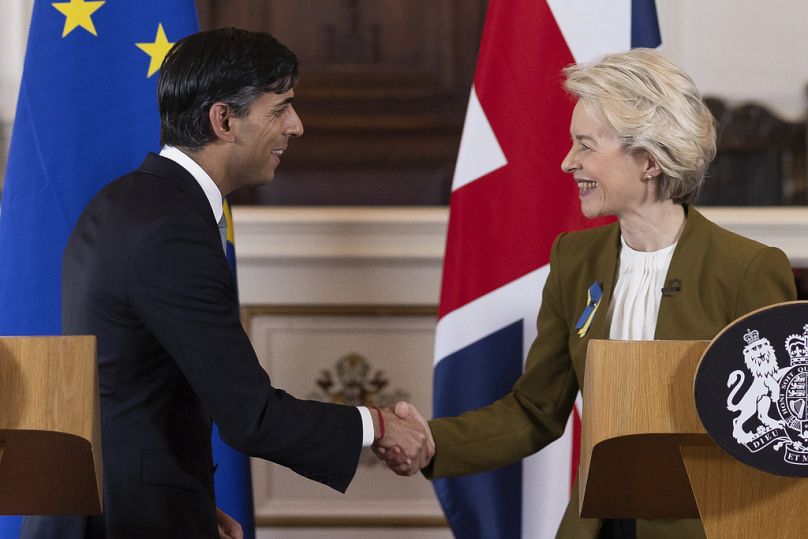Horizon Europe is a scheme that provides a platform for global research collaboration and has the potential to innovate breakthrough designs and solutions to the ongoing global challenges, Osama Rizvi writes.
Despite continuing competition in technological advancement, Horizon Europe can be seen as a golden opportunity for scientists and researchers with a huge funding programme and a budget of €95.5 billion, administered by the EU itself.
The scheme provides a platform for global research collaboration and has the potential to innovate breakthrough designs and solutions to the ongoing global challenges.
It brings with it a chance to look beyond the economic and sociopolitical differences and could lead to a cohesive union of great minds.
The proposed timeline of this programme is between 2021 and 2027 and aims to focus on bolstering the ideals of innovation, research and scientific findings at a global level.
The programme has the potential to not only introduce groundbreaking innovation within the European region but also to provide diverse approaches to global challenges.
How could Britain benefit from Horizon Europe?
On an individual level, the scheme successfully ensures the engagement of the EU's reservoir of talent by providing investment and funding to the best of ideas and minds.
After identifying the already existing limitations of traditional research models, the Horizon Europe scheme envisions promoting multidisciplinary collaboration between various groups of society, including policymakers, scientists, researchers, academia and civil society.
This practical approach is driven by the idea of impactful outcomes that can successfully contribute to creating a prosperous and sustainable world.
By linking up with the EU over the Horizon Europe Scheme, the UK has successfully included itself as an associate member.
According to the European Commission, British researchers will, through this scheme, have access to scheme funding and will be able to benefit from research and development (R&D) collaboration opportunities, as listed in the programme.
The UK will be able to deepen its ties not only with EU member states but also bolster its partnership with the academic and business sectors of other developed and developing countries.
Carving out a better position internationally
After going through the unreal setting of the 2020 pandemic, this global collaboration can provide a broader stage for UK researchers to observe, understand and address various scientific and research limitations, possibly leading to breakthrough discoveries and innovations.
The life-changing contribution should mean the UK's healthcare and technological sectors can be revolutionised and result in improved economic prospects and opportunities.
Through this platform, the UK should be able to attract talent from around the globe and secure its position in the R&D sector, leading to new avenues and pathways.
It is worth observing that, in the Horizon 2020 programme, almost 2000 UK businesses received €1.4bn, with SMEs receiving more than €840 million, ensuring wider job opportunities around the country.
Such international cooperative research means that the UK should be able to carve out a better position for itself on the international stage by being better equipped in terms of global competition.
By tapping into the reservoir of money and resources, the UK can open up to strengthened international collaborations, enhanced technological development and innovative scientific research.
Osama Rizvi is an economic and energy analyst with a focus on commodities, macroeconomy, geopolitics, and climate change.
At Euronews, we believe all views matter. Contact us at view@euronews.com to send pitches or submissions and be part of the conversation.



















